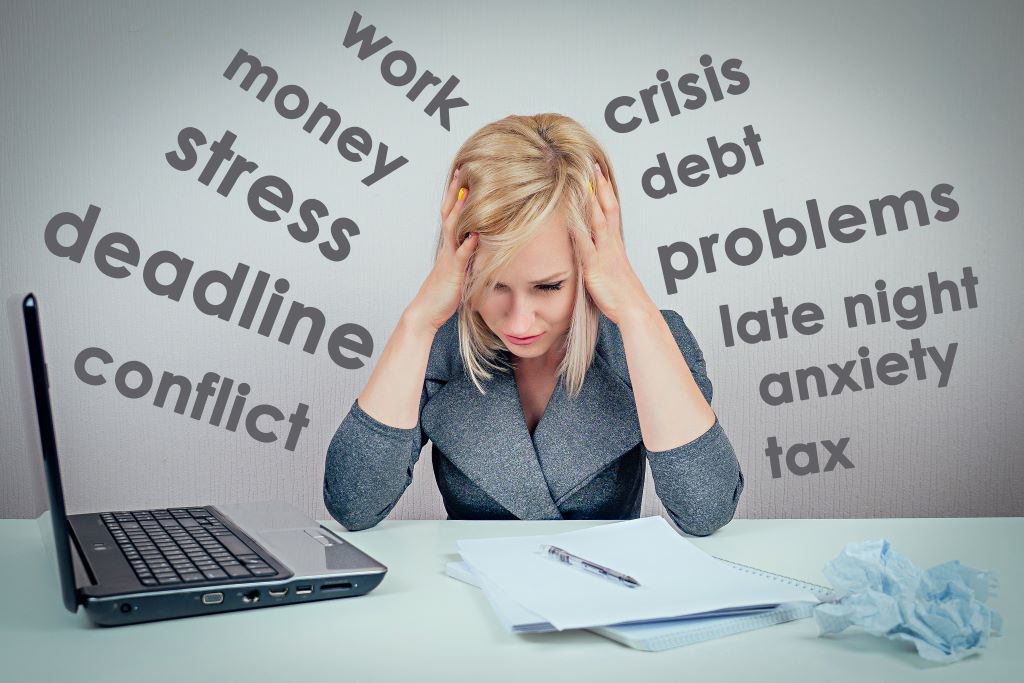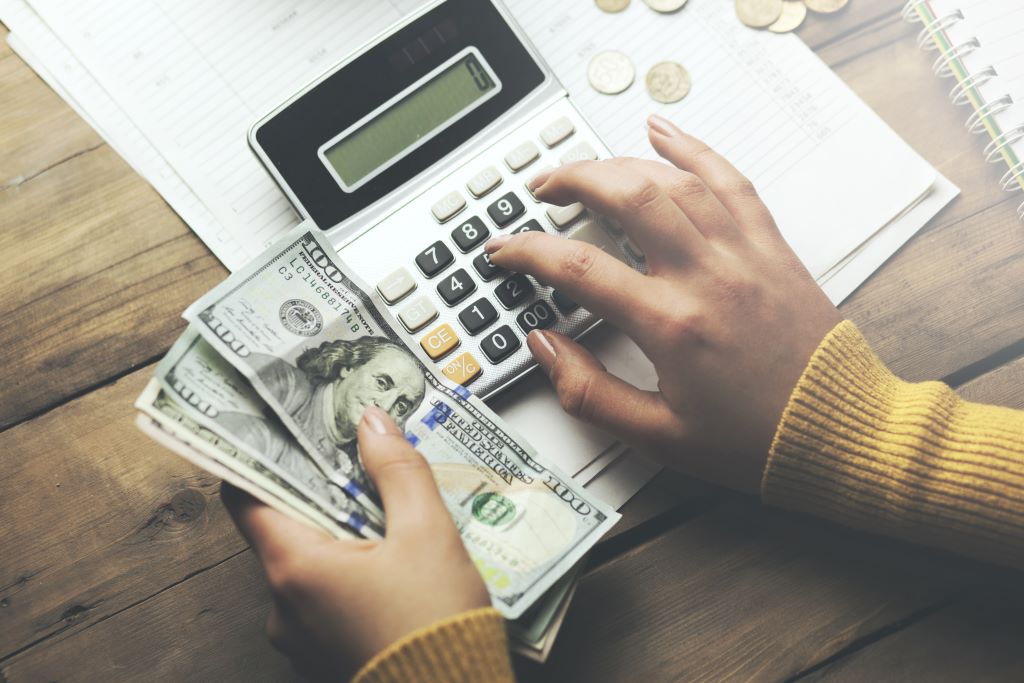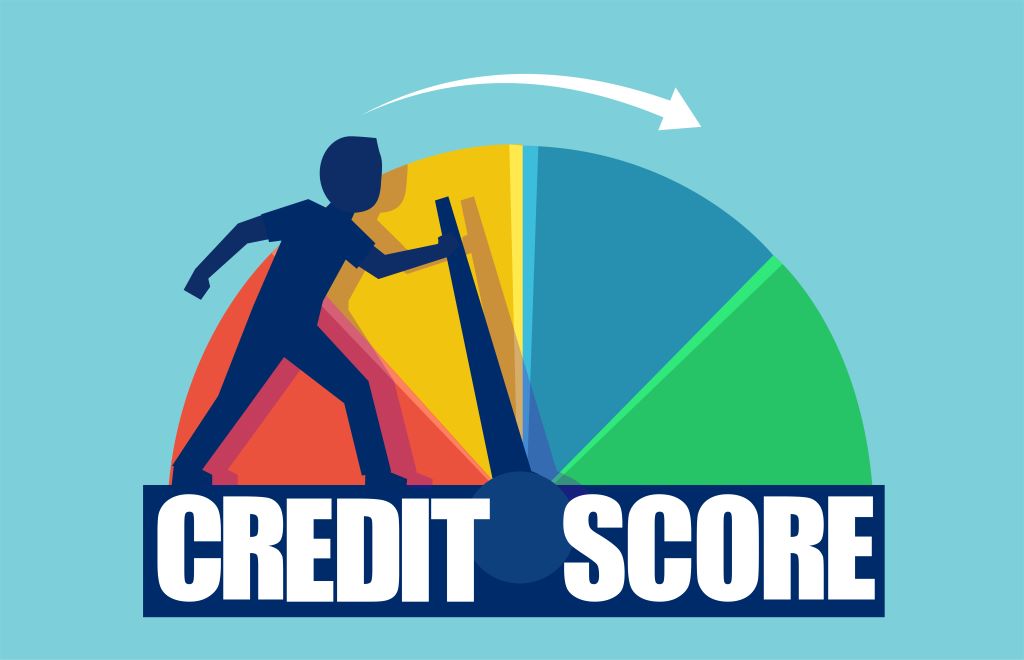As the year draws to an end, it’s a great time to reflect on our financial standing and set goals for the upcoming year. One crucial aspect of this evaluation is debt reduction. By taking proactive steps towards reducing debt, you can pave the way for a more financially secure future. In this article, we’ll explore effective debt reduction strategies and explain the significance of prioritizing this as the year comes to an end. So, let’s get started!

Why Reduce Debt as the Year Ends?
1. Start the New Year Fresh
Clearing a significant portion of your debt can allow you to start the new year with a clean slate. This sense of financial freedom can bring a renewed sense of purpose and a positive outlook towards your financial goals.
2. Reduce Financial Stress with Debt Reduction
Did you know that financial issues are the leading cause of stress among Americans? According to CNBC, 73% of Americans said their finances were the number one stressor in their life.* By actively working to reduce it, you’ll alleviate this burden, leading to improved mental and emotional well-being. For more information on how to reduce financial stress, check out our blog post, “Top 5 Tips to Reduce Financial Stress in Your Life”.
3. Save on Interest with a Debt Reduction Plan
The longer you carry debt, the more you pay in interest. By reducing your debt load now, you’ll save money that could be better invested or used for other essential expenses.
4. Enhance Financial Flexibility
Reducing debt increases your financial flexibility. It provides you with more disposable income, which can be directed towards more important things such as investments, savings, or even experiences you’ve been looking forward to.
Now, let’s dive into some effective strategies that could help you achieve debt reduction.

Best Debt Reduction Strategies
Follow these debt reduction strategies and you should be well on your way to financial freedom.
1. Create a Budget for Your Debt Reduction Plan
Begin by assessing your current financial situation. Create a comprehensive budget that outlines your income and all necessary expenses. This will give you a clear picture of how much money you have available to allocate towards debt reduction. If you’ve never created a budget before, consider trying out a budget calculator to get you started. There are tons of free online options to choose from like this one here.*
2. Prioritize High-Interest Debt
Start by tackling high-interest debt, such as credit card balances. These debts accrue interest at a faster rate, so paying them down first will save you money in the long run.
3. Employ the Snowball or Avalanche Method in Your Debt Reduction Plan
The snowball method involves paying off the smallest debts first, providing a psychological boost. The avalanche method focuses on paying off the highest-interest debt first, saving you more money in the long run. Choose the method that fits best with your financial goals and personality.
4. Increase Income
Consider exploring opportunities to increase your income. For example, you could take on a part-time job, try freelancing, or monetizing a skill or hobby. The additional income can be put directly towards debt repayment.
5. Negotiate Lower Interest Rates
Contact your creditors to negotiate lower interest rates. This can be particularly effective if you have a good payment history and credit score.
6. Avoid New Debt
While you work towards reducing existing debt, it’s crucial to avoid accumulating new debt. This may involve adjusting your spending habits and finding alternative ways to meet your needs.
7. Build an Emergency Fund
Having an emergency fund can reduce the likelihood of resorting to credit in times of unexpected expenses.
8. Consider Debt Consolidation or Refinancing
Explore options like debt consolidation loans or refinancing, which can potentially lower your overall interest rate and make your debt more manageable.
By implementing these strategies, you’ll not only reduce your debt burden but also set yourself up for a more financially secure future. Remember, the key to successful debt reduction is consistency and discipline. As the year draws to a close, take this opportunity to embark on your journey towards financial freedom.

How to Reduce Credit Card Debt
- Start by creating a budget to track your income and expenses.
- Prioritize paying off high-interest credit cards first.
- Consider transferring balances to cards with lower interest rates.
- Cut unnecessary expenses to free up more money for debt repayment.
- Look for additional sources of income to accelerate debt reduction.
For more ways to reduce your credit card debt, check out our blog post, “The Simple Guide to Paying Off Credit Card Debt Even When it Feels Impossible”.
What Are Effective Debt Reduction Strategies?
- Prioritize and pay off high-interest debts first.
- Consider the snowball or avalanche method for debt repayment.
- Explore debt consolidation or refinancing options.
- Increase your income through side gigs or part-time work.
- Negotiate with creditors for lower interest rates or settlements.
Should I Pay Off High-Interest Debt First?
It’s generally recommended to pay off high-interest debt first. This approach minimizes the amount of interest you’ll pay over time and can lead to faster overall debt reduction.
What Is the Snowball Method for Debt Reduction?
The snowball method involves paying off the smallest debts first while making minimum payments on larger debts. Once the smallest debt is paid off, you move on to the next smallest, creating a “snowball” effect.
How to Negotiate with Creditors to Lower Interest Rates for Debt Reduction
- Contact your creditors and explain your situation.
- Highlight your good payment history and creditworthiness.
- Request a lower interest rate or explore options for a hardship program.
- Be polite, persistent, and open to negotiations.
What Are the Pros and Cons of Debt Settlement?
- Pros: Potential for reduced overall debt, faster resolution, and relief from collection calls.
- Cons: Negative impact on credit score, possibility of tax implications, and potential for fees.
What Is the Difference Between Debt Consolidation and Debt Settlement?
Debt consolidation combines multiple debts into a single, more manageable payment while debt settlement involves negotiating with creditors to pay a reduced amount to settle the debt.
How to Create a Budget to Pay Off Debt
- List all sources of income and all monthly expenses.
- Categorize expenses as essential and non-essential.
- Allocate a portion of your income towards debt repayment.
- Regularly track your spending and adjust as needed.
What Is the Debt-to-Income Ratio, and How Does It Affect Debt Reduction?
The debt-to-income ratio is a financial metric that compares your monthly debt payments to your monthly income. A high ratio indicates a heavy debt load, which can make it harder to qualify for loans or effectively reduce debt.
How to Prioritize Which Debts to Pay Off First
- Start by paying off high-interest debts.
- Consider the emotional impact of paying off smaller debts first (snowball method).
- Focus on debts with immediate consequences, like past due bills or loans in danger of default.
Are There Government Programs for Debt Relief?
Yes, there are various government programs and initiatives aimed at providing relief for specific types of debt, such as student loans. These programs may offer options for loan forgiveness, income-driven repayment plans, and more.
What Are the Best Apps or Tools for Managing and Reducing Debt?
Some popular debt management apps include Mint, YNAB (You Need a Budget), and Debt Payoff Planner. These tools can help you in a variety of ways, such as tracking expenses, setting budget goals, and monitoring your progress towards debt reduction.

How Does Debt Affect My Credit Score, and How Can I Improve It?
Debt can affect your credit score negatively if you have high balances relative to your credit limits. There are several things you can do to help improve your credit score, such as focusing on making on-time payments, reducing outstanding balances, and avoiding new debt. To learn more about credit scores, head to our blog post, “Credit Score 101: Everything You Need to Know”.
What Is the Role of a Credit Counselor In Debt Reduction?
A credit counselor provides guidance on several credit-related issues such as managing debt, creating budgets, and developing strategies for debt reduction. They can also negotiate with creditors on your behalf and provide educational resources on financial management.
How to Stop Collection Calls and Harassment from Debt Collectors
You can request in writing that debt collectors cease communication, but first, familiarize yourself with your rights under the Fair Debt Collection Practices Act (FDCPA). Consider seeking advice from a consumer protection agency or attorney.
What Are the Consequences of Declaring Bankruptcy?
Bankruptcy can have serious and long-lasting financial consequences, such as damage to your credit score, potential loss of assets, and limited access to credit in the future. It’s important to consult with a bankruptcy attorney to understand the full impact.
What Are the Steps to Become Debt-Free?
- Create a budget and track expenses.
- Prioritize high-interest debts.
- Increase income or find additional sources of revenue.
- Consider debt consolidation or settlement if appropriate.
- Stay disciplined and consistent with debt repayment.
We hope we answered all your questions here, but make sure to check out our Resources page for tons of more information! For more on debt, check out our blog posts, “What You Should Know About Debt Relief Options” and “How to Pay Off Debt (Even When Living Paycheck to Paycheck)”.
High-interest loans can be expensive and should be used only for short-term financial needs, not long-term solutions. Customers with credit difficulties should seek credit counseling. The opinions expressed above are solely the author’s views and may or may not reflect the opinions and beliefs of the website or its affiliates. Cash Factory USA does not provide financial advice.
Image(s) or Footage (as applicable), used under license from Shutterstock.com
* This blog contains links to other third-party website that is not endorsed by, directly affiliated with, or sponsored by Cash Factory USA. Such links are only for the convenience of the reader, user, or browser.